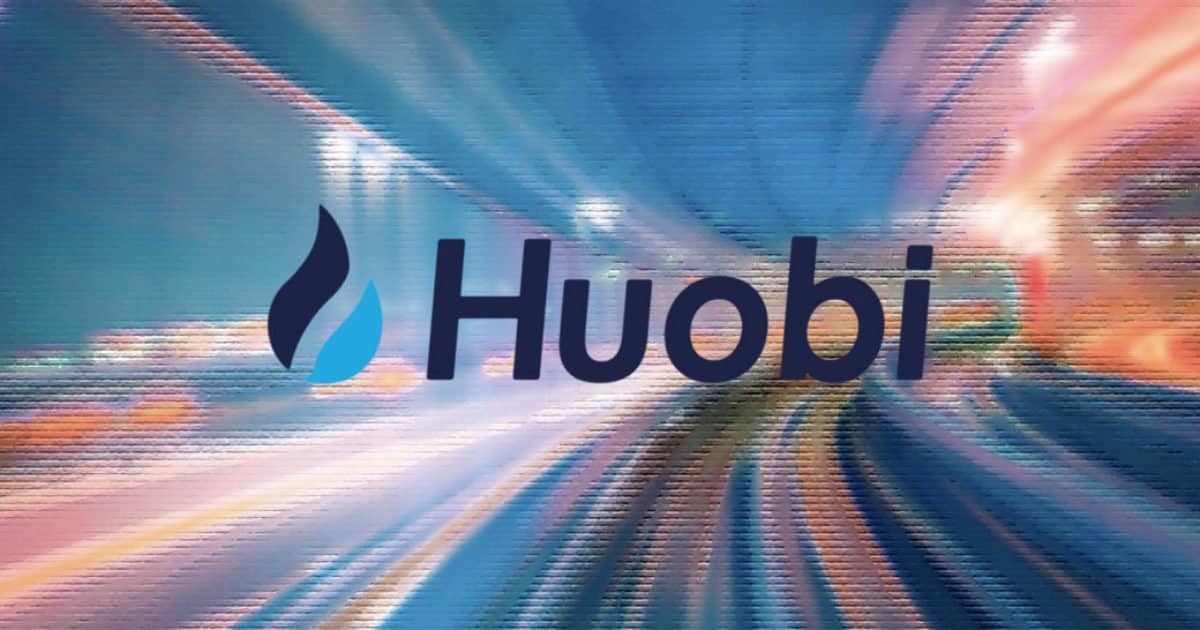Huobi Japan Opens Voting for Users to Select New Cryptocurrency Listing
Huobi Japan, a prominent cryptocurrency exchange, has rolled out a voting system allowing users to select the next cryptocurrency to be added to its trading platform. The voting initiative began on July 16 and will run until midnight on August 16, 2024, giving users a chance to shape the exchange’s offerings.
Cryptocurrencies Up for Consideration
The exchange has shortlisted six cryptocurrencies for potential listing, including:
- Enjin (ENJ): A blockchain platform focused on gaming and NFTs.
- IOS Token (IOST): A platform built to provide secure and scalable blockchain infrastructure, competing with Ethereum.
- Neo (NEO): Often called the “Chinese Ethereum,” NEO supports digital identities and smart contracts.
- Ontology (ONT): Focused on providing blockchain-based solutions for businesses, emphasizing identity and data integrity.
- Qtum (QTUM): A blockchain that combines Bitcoin’s reliability with Ethereum’s smart contract capabilities.
- Tezos (XTZ): A self-amending blockchain focused on smart contracts and decentralized applications.
How the Voting Works
To participate in the selection process, Huobi Japan users can cast one vote per account every Friday, with a maximum of five votes allowed during the voting period. The cryptocurrency receiving the most votes by the deadline will be taken under consideration for listing on the platform.
However, Huobi has clarified that the token earning the majority of votes is not guaranteed a listing, as additional due diligence and evaluation will be conducted.
Current Offerings on Huobi Japan
At present, Huobi Japan provides trading options for seven cryptocurrencies:
- Bitcoin (BTC): The original and most popular cryptocurrency.
- Ethereum (ETH): Known for its smart contract capabilities.
- Ripple (XRP): A digital payment protocol for fast, cross-border transactions.
- Bitcoin Cash (BCH): A fork of Bitcoin focusing on transaction speed and cost.
- Litecoin (LTC): A peer-to-peer cryptocurrency designed for fast transactions.
- MonaCoin (MONA): A Japan-based cryptocurrency used primarily within the local community.
The addition of a new token could broaden the platform’s offerings and appeal to a wider audience of traders.
Significance of the Potential Listings
Chinese Blockchain Projects in Focus
Three of the six tokens under consideration—IOST, NEO, and ONT—originate from China, showcasing the influence of Chinese blockchain projects on the global market:
- IOST: Aims to rival Ethereum by offering higher transaction speeds and scalability, making it a preferred choice for decentralized applications.
- NEO: Integrates digital identity into its blockchain, supporting government and corporate applications.
- ONT: Specializes in blockchain solutions for enterprises, emphasizing data privacy and trust.
These projects underline the increasing competition among blockchain networks vying for dominance in the decentralized application space.
Tezos and Enjin’s Rising Popularity
- Tezos (XTZ): Known for its self-amending feature, Tezos allows seamless upgrades without the need for hard forks, making it a sustainable choice for developers.
- Enjin (ENJ): With the rising prominence of non-fungible tokens (NFTs) and blockchain gaming, Enjin’s token is gaining traction among gamers and developers.
Qtum’s Unique Hybrid Model
Qtum’s hybrid approach combines Bitcoin’s robustness with Ethereum’s smart contracts, appealing to enterprises looking for versatile blockchain solutions.
Potential Impact of the Voting System
Huobi’s decision to involve its users in the token selection process demonstrates a commitment to fostering community engagement and transparency. This approach can potentially:
- Boost User Engagement: Providing users with a say in the platform’s offerings creates a sense of ownership and loyalty.
- Attract New Users: A diverse token selection appeals to a broader audience, potentially increasing the exchange’s user base.
- Strengthen Market Presence: Introducing trending tokens can position Huobi Japan as a competitive player in the crypto space.
What Lies Ahead?
While the outcome of the voting process remains uncertain, Huobi Japan’s initiative highlights the exchange’s efforts to stay relevant in an increasingly competitive market. The inclusion of user feedback in decision-making could set a precedent for other exchanges, fostering a more inclusive and user-centric cryptocurrency ecosystem.
The addition of a new cryptocurrency could also pave the way for partnerships and integrations, further enhancing the platform’s offerings and market appeal.
Conclusion
Huobi Japan’s voting system marks an important step toward democratizing cryptocurrency exchange operations. By involving users in the token selection process, the exchange not only empowers its community but also ensures that its offerings align with market demand. As the voting deadline approaches, the crypto community will watch closely to see which token emerges as the favorite and whether it will secure a coveted spot on Huobi Japan’s platform.
To learn more about the innovative startups shaping the future of the crypto industry, explore our article on latest news, where we delve into the most promising ventures and their potential to disrupt traditional industries.
Disclaimer: The information provided is not trading advice, Bitcoinworld.co.in holds no liability for any investments made based on the information provided on this page. We strongly recommend independent research and/or consultation with a qualified professional before making any investment decisions.




